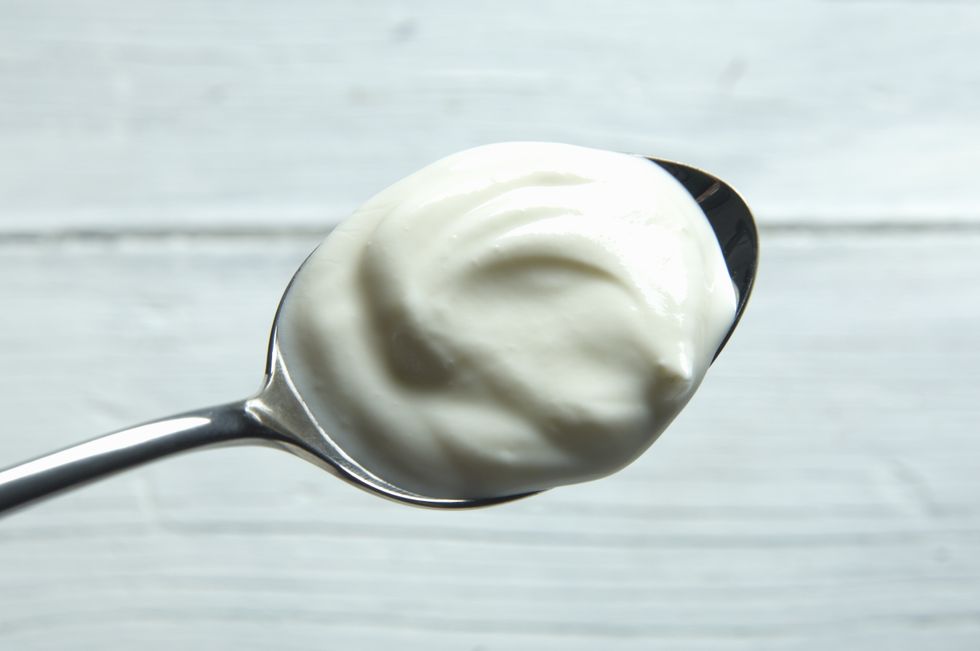Doctor sounds alarm on 3 everyday foods that secretly 'increase' blood pressure as condition linked to dementia

New findings suggest that managing blood pressure through both medication and lifestyle changes could be a key strategy in dementia prevention
Don't Miss
Most Read
New research suggests that intensive blood pressure management could reduce the risk of dementia by 15 per cent, with experts warning of the everyday foods that can unknowingly increase blood pressure readings.
According to the World Health Organisation, 57 million people worldwide had dementia in 2021.
However, experts have long stressed that dementia is not an inevitable consequence of ageing.
Researchers found that about half of the cases could be prevented or delayed by addressing 14 risk factors, including high blood pressure.
 Nearly a third of adults worldwide suffer from high blood pressure | GETTY
Nearly a third of adults worldwide suffer from high blood pressure | GETTYDr David Clarke, who is board-certified in Internal medicine and gastroenterology, cautioned that some foods marketed as "healthy", such as vegetable juices, granola bars and low-fat products, may contain problematic ingredients for blood pressure.
"Some foods marketed as 'healthy' may unknowingly increase blood pressure," he told GB News.
Vegetable juices are among these culprits, with Dr Clarke explaining: "Many brands contain high levels of sodium despite their nutrient-rich profile."
He added: "Granola bars [are] often loaded with added sugars or syrups that counteract their fibre benefits."
Low-fat or diet products also made the list, which, according to Dr Clarke, "may replace fats with sugar or salt to enhance flavour."
It comes as the last study involved 33,995 people aged 40 years and over with uncontrolled high blood pressure across 326 villages in rural China.
Researchers randomly selected 163 villages where 17,407 participants received intensive blood pressure management from "village doctors".
This included free or cheap medications, health coaching and equipment to monitor blood pressure at home.
After four years, 668 participants in the intensive management group had dementia, compared with 734 in the usual care group.
Analysis showed the intensive management group had a 15 per cent lower risk of dementia and a 16 per cent lower risk of cognitive impairment without dementia.
LATEST DEVELOPMENTS

Low-fat products may be packed with other problematic ingredients
|GETTY
"Antihypertensive treatment can prevent dementia in patients with uncontrolled hypertension," said Prof Jiang He, co-author of the study from the University of Texas Southwestern Medical Centre.
"Given the high prevalence of uncontrolled hypertension worldwide, this effective intervention should be widely adopted and scaled up to reduce the global burden of dementia."
The findings align with previous research showing dementia risk can be reduced by addressing various lifestyle factors, including hearing impairment, smoking, obesity, excessive alcohol consumption and social isolation.
Experts suggest that managing blood pressure through both medication and lifestyle changes could be a key strategy in dementia prevention.











